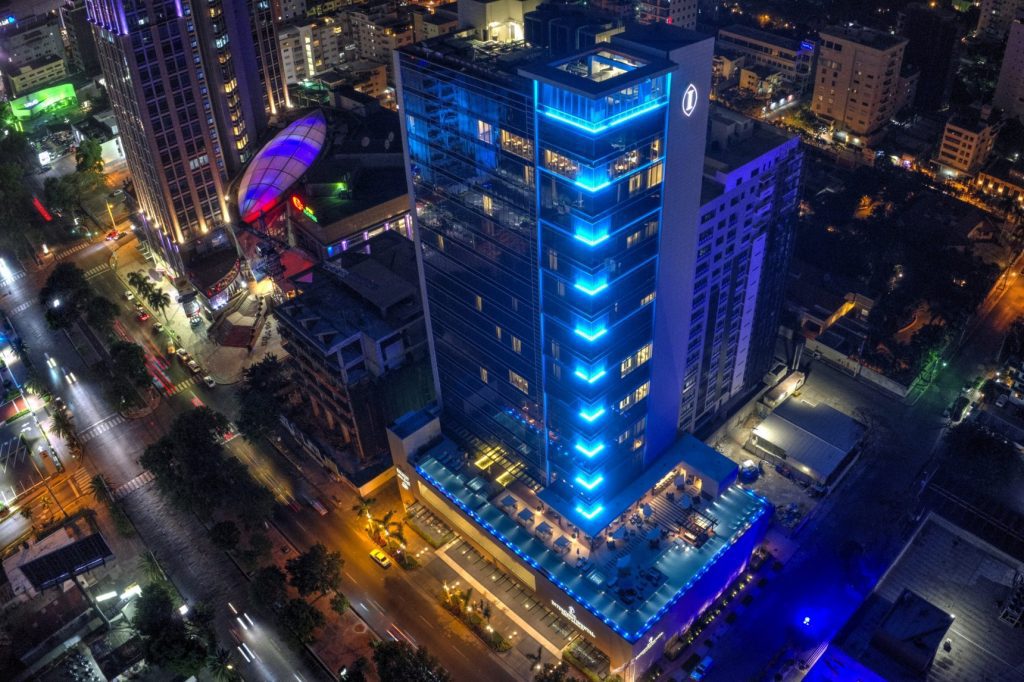Skift Take
IHG plans to experiment with moving award pricing in its Rewards Club loyalty program to a dynamic model, which will allow it to price rooms according to demand. The details — and the impact on loyalty program members — will take shape through the year.
InterContinental Hotels Group, the parent of more than a dozen hotel chains, confirmed this week that it is experimenting with dynamic pricing for its award bookings. The group plans to have the new model in place by the end of the year.
Dynamic pricing allows for providers to adjust the price of an award booking as a function of current demand, sliding the cost of a room or airplane seat up or down as a function of market demand.
Initial news of the group’s exploration into the space came as part of IHG’s financial reporting for the fourth quarter of 2018. In the earnings release, the group revealed that as part of strengthening its loyalty program, it would be “testing new features for 2019 roll-out, designed to increase member engagement with variable point pricing.”
A spokesperson for IHG confirmed that the group is experimenting with dynamic pricing, saying “as part of a continued effort to enrich the value proposition for our IHG Rewards Club members, we’ll be introducing variable pricing on reward night redemptions. We’re testing new features for a planned roll-out this year, and will be sharing additional details as they are available.”
Dynamic award pricing has already started to pick up traction in a few corners of the travel sector and is largely viewed as a consumer-unfriendly way for operators to maximize profits on award bookings. By dynamically changing the price of an award seat or room based on demand, operators can dump excess inventory at lower costs or tighten up pricing during high-demand periods, carefully controlling the flow of revenue into the system. Simple award tiers, by contrast, allow consumers to plan ahead for how much a room will cost and occasionally find a good award during a high-traffic period.
Already, other travel operators are starting to experiment with and apply dynamic pricing. In 2015, Delta Air Lines removed its published award chart from its website and moved to a model that priced seats more in line with demand; its CFO characterized loyalty as “taking off” when that change occurred, though most engaged frequent flyers were apoplectic.
The hotel industry has also started to wade into the space. In early 2017, Hilton retooled its Honors program to allow passengers to dynamically pay for rooms with points. With no published tiers, the program currently states that “the amount of points required to redeem standard room rewards varies by hotel, room, booking and stay date” but that “a reward stay starts as low as 5,000 Points per night.”
It’s not clear how Hilton’s move to a dynamic program gone over with its loyalty members. What’s obvious from IHG’s release and its subsequent communication with Skift, however, is that it wants to be measured with its implementation of the new model. Over the course of the year, IHG plans to experiment with how to value each point and whether standard tiers still make sense in any of the scenarios. By taking its time, IHG may avoid any costly mistakes that could erode the ranks of its IHG Rewards Clubs members.
Skift Editor’s Note: This article has been updated to note that the number of hotel chains owned by IHG is more than one dozen, not more than two dozen.
Have a confidential tip for Skift? Get in touch
Tags: dynamic pricing, ihg, loyalty
Photo credit: The InterContinental Real Santo Domingo Hotel in the Dominican Republic is pictured in this photo from 2017. IHG is adding dynamic pricing for loyalty award bookings. Evaristo Antonio Regalado Robles / Flickr
